TNJ Chemical provides database on CAS 9004-65-3, China Hydroxypropyl Methyl Cellulose HPMC suppliers price, and offers price quotation on CAS 9004-65-3, China Hydroxypropyl Methyl Cellulose HPMC suppliers price different grades. If you want to buy Hydroxypropyl Methyl Cellulose HPMC, please feel free to contact sales@tnjchem.com
HPMC Hydroxypropyl methyl cellulose CAS 9004-65-3 is a semisynthetic, inert, viscoelastic polymer used as an ophthalmic lubricant, as well as an excipient and controlled-delivery component in oral medicaments, found in a variety of commercial products. As a food additive, hypromellose is an emulsifier, thickening and suspending agent, and an alternative to animal gelatin.
Properties
1) Appearance: HPMC is a nonionic cellulose ether, white grayish-white powder or granule,odorless and flavorless, soluble in cold water, glacial acetic acid, ethanol, methanol and propylene glycol, slightly soluble in acetone depending on the degree of substitutions, practically insoluble in hot water, ethylene glycol and toluene. HPMC is dissolved in a mixture of 10% methanol and 90% methylene chloride to form colloidal solutions.
2) The solution of HPMC has surface activity, high transparency, and stable performance. When heated at certain temperature, the solution becomes cloudy or forms flocculent gel. However, the solution becomes clear again after cooling. Different types of HPMC have different gelation temperatures. The solubility varies with the viscosity. The lower the viscosity, the higher solubility it has. The different types of HPMC are different in some properties and their solubility in water is not affected by pH.
3) Particle sizes: 100% pass rate in 80 mesh.
4) Apparent density: 0.25-0.70 g/mL (usually about 0.5 g/mL),specific density 1.26-1.31mL.
5) Color change temperature:190-200°C; Carbonization temperature:280-300°C.
6) Surface tension:42-56 dyn/cm (2% aqueous solution).
7) The higher methoxy content in HPMC, the lower gelation temperature, and the higher solubility in water and surface activity.
8) HPMC has some other characteristics, for example, thickening property, pH stability, retention of water, excellent film-forming property, good disperse and adhesion ability
Specification for Phama Grade HPMC
Item Viscosity (CPS, 2%Brookfield) Usage (2%
E5 4-5.5 Suitable for plant capsule, coating
E6 5.6-7.0 Suitable for plant coating
E8 7.1-9.0 Suitable for plant coating
E10 9.1-12.0 Suitable for plant coating
E15 12.1-18.0 Suitable for plant coating
E30 24-36 Suitable for adhesive
E50 40-60 Suitable for adhesive
E70 61-80 Suitable for adhesive
E100 91-120 Suitable for adhesive
E4M 3000-5000 Suitable for sustained-control release preparations
K100 91-120 Suitable for adhesive
K4M 3000-5000 Suitable for sustained-control release preparations
K100M 80000-120000 Suitable for sustained-control release preparations
Specification for Industrial Grade HPMC
Item Viscosity (CPS, 2%Brookfield) ) Usage
TNJ-400 400 Self-leveling
TNJ-4000 4000 Crack Filler
TNJ-10000 10000 Crack Filler
TNJ-20000 20000 Cement mortar & Crack Filler
TNJ-30000 30000 Cement mortar, Crack Filler, External wall insulation & Ceramic Extrusion
TNJ-35000 35000 Cement mortar
TNJ-45000 45000 Cement mortar, External wall insulation & Ceramic Extrusion
TNJ-55000 55000 Tile adhesive, External wall insulation & Gypsum-based plaster
TNJ-65000 65000 Tile adhesive & External wall insulation
Application
There are many fields of application for hypromellose, including:
- Tile adhesives
- Cement renders
- Gypsum products
- Pharmaceutical
- Paints & coatings
- Food
- Cosmetics
- Detergents & cleaners
- Eye drops
- Contact lenses
Packing
Pharma grade: 25kg/fiber drum, 9mt/20''container
Industrial grade: 25kg/bag, 14mt/20''container



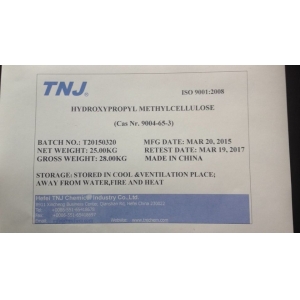
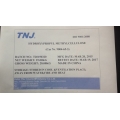
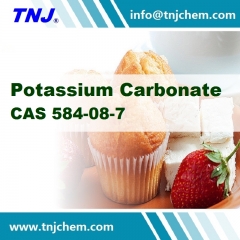
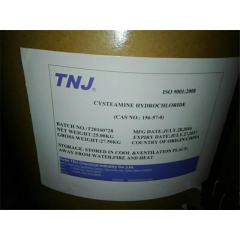
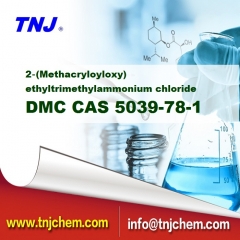
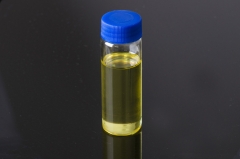
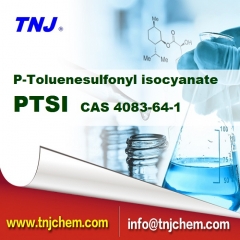
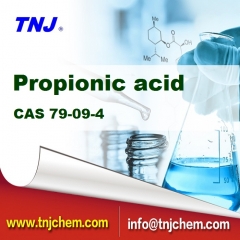
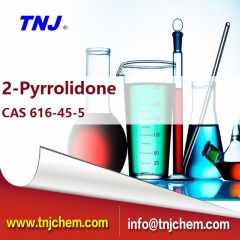
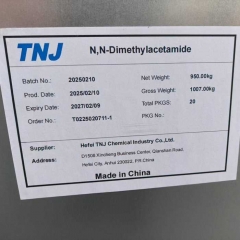
 chemical.tnj
chemical.tnj +8618949823763
+8618949823763 tnjchem
tnjchem 2881500864
2881500864